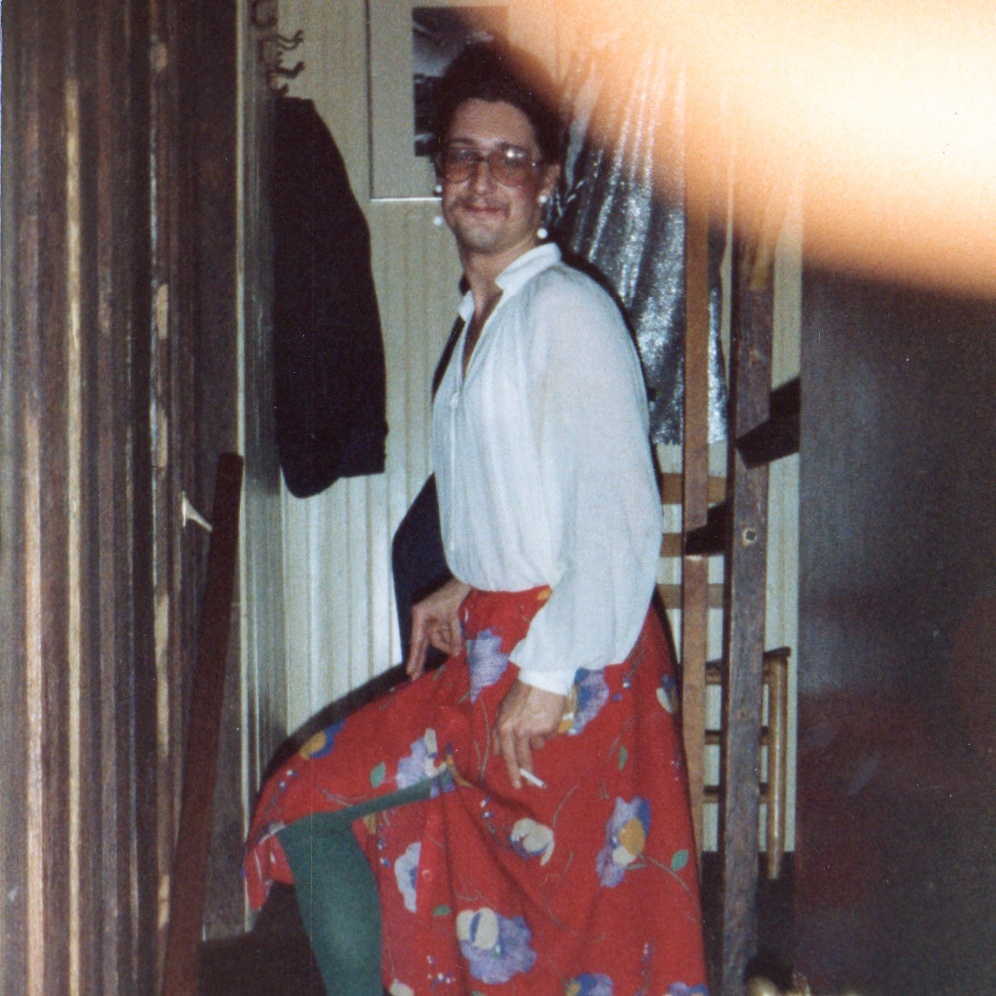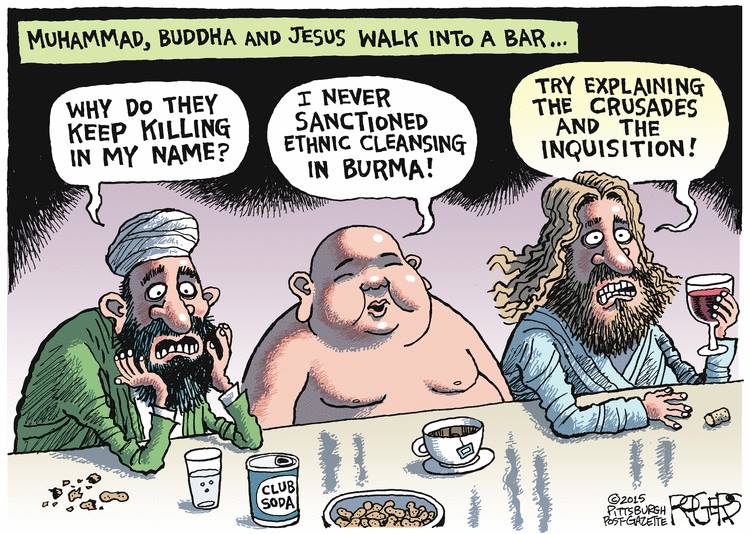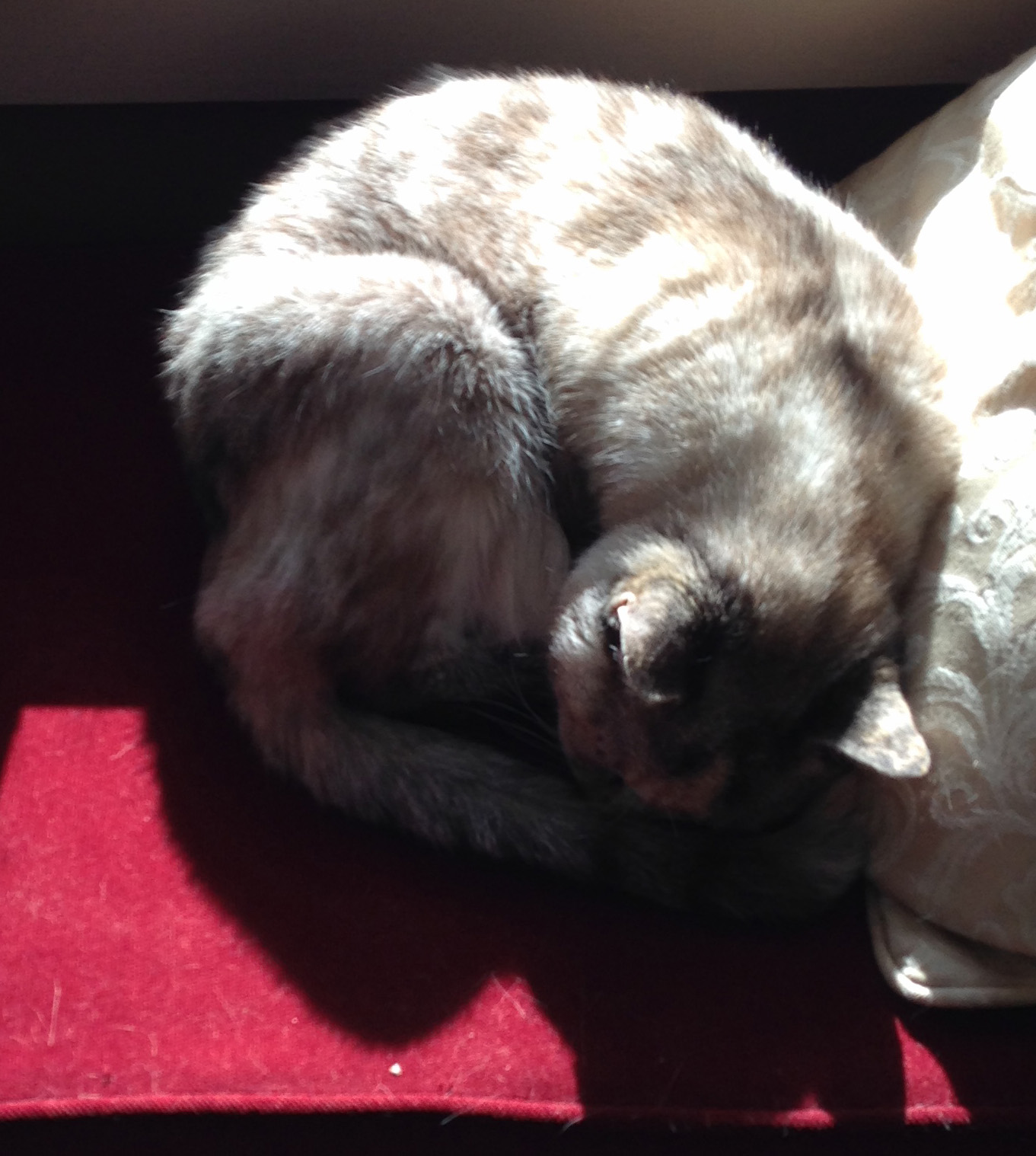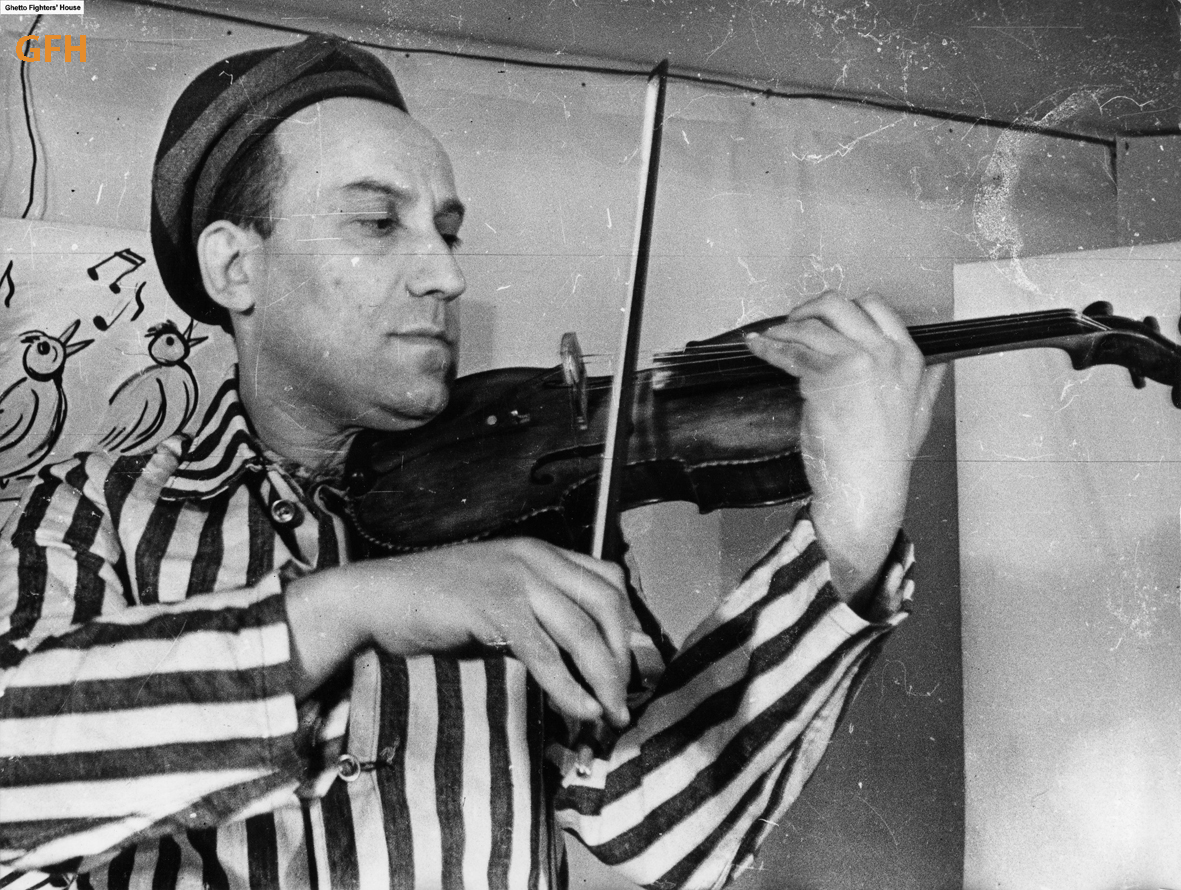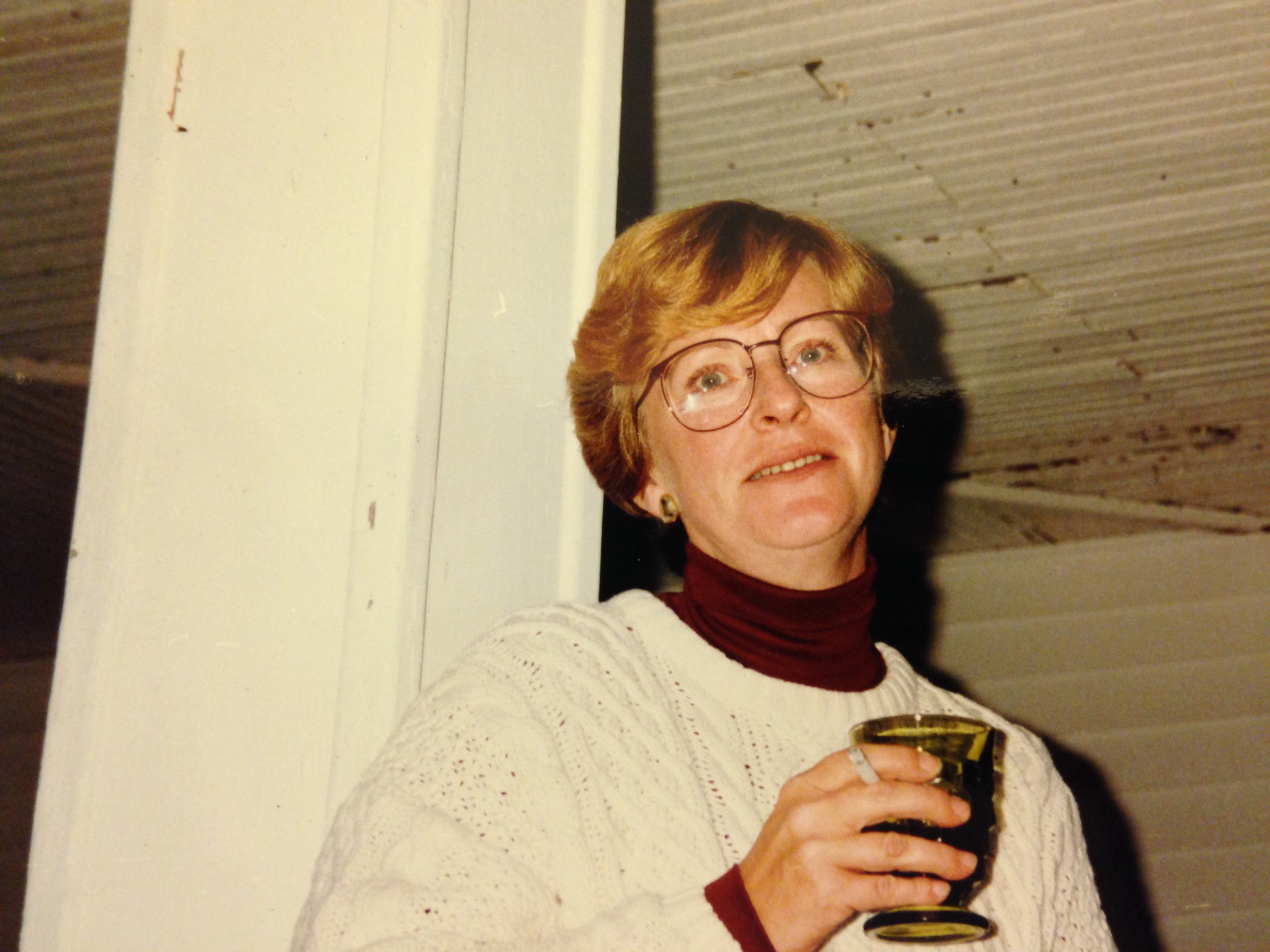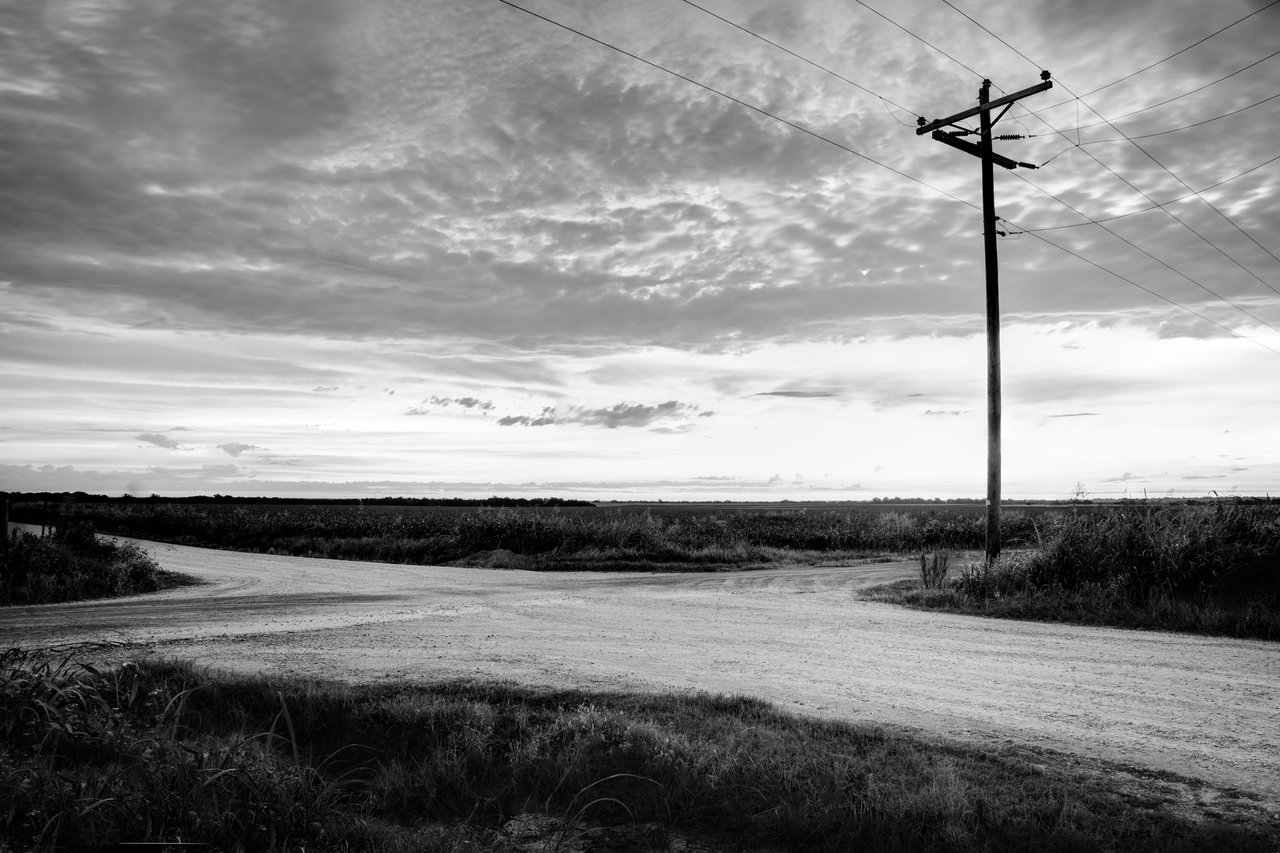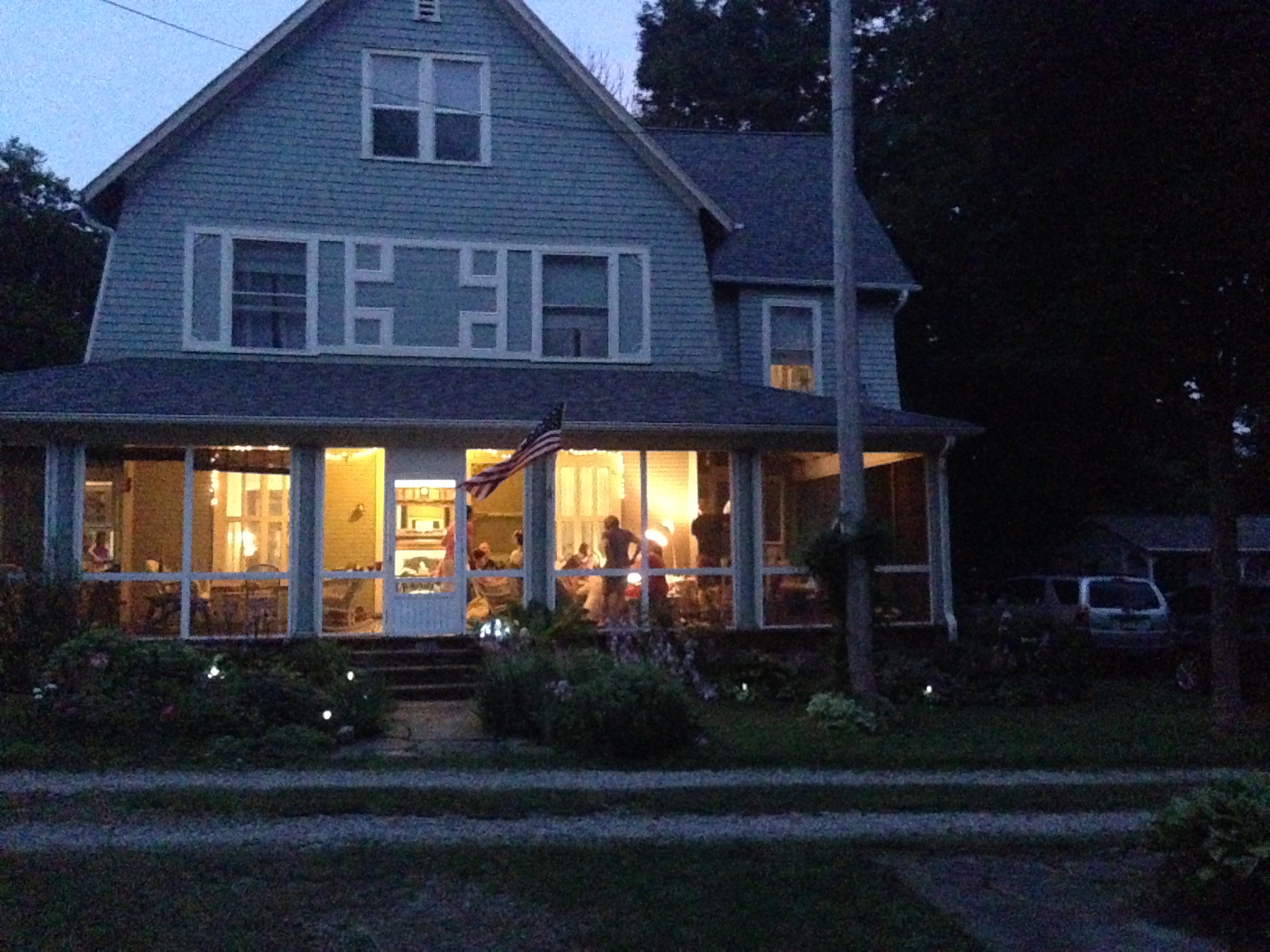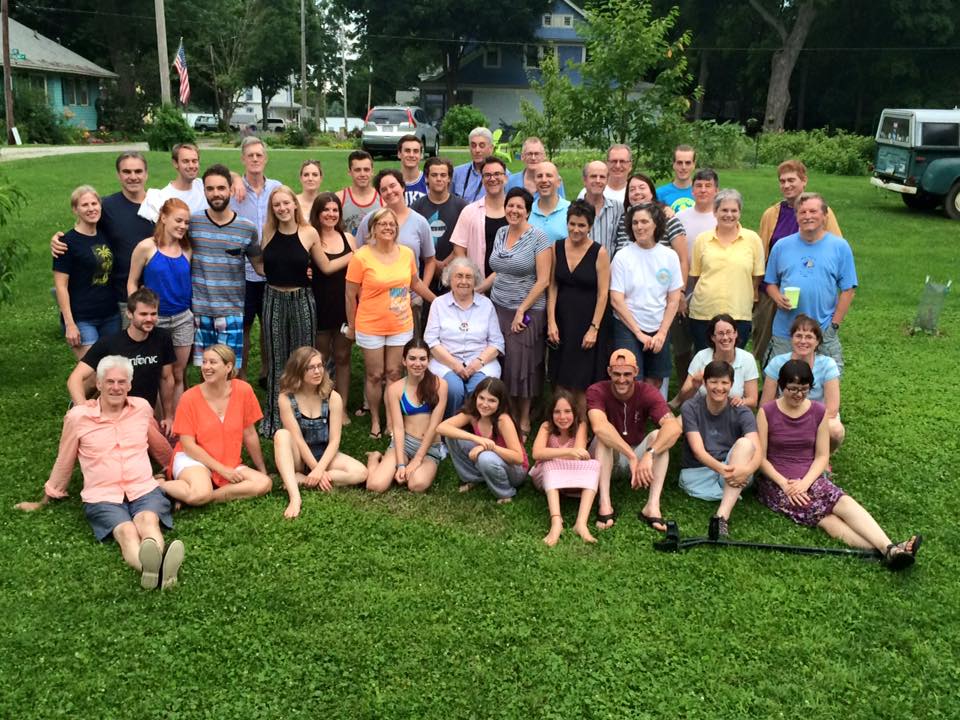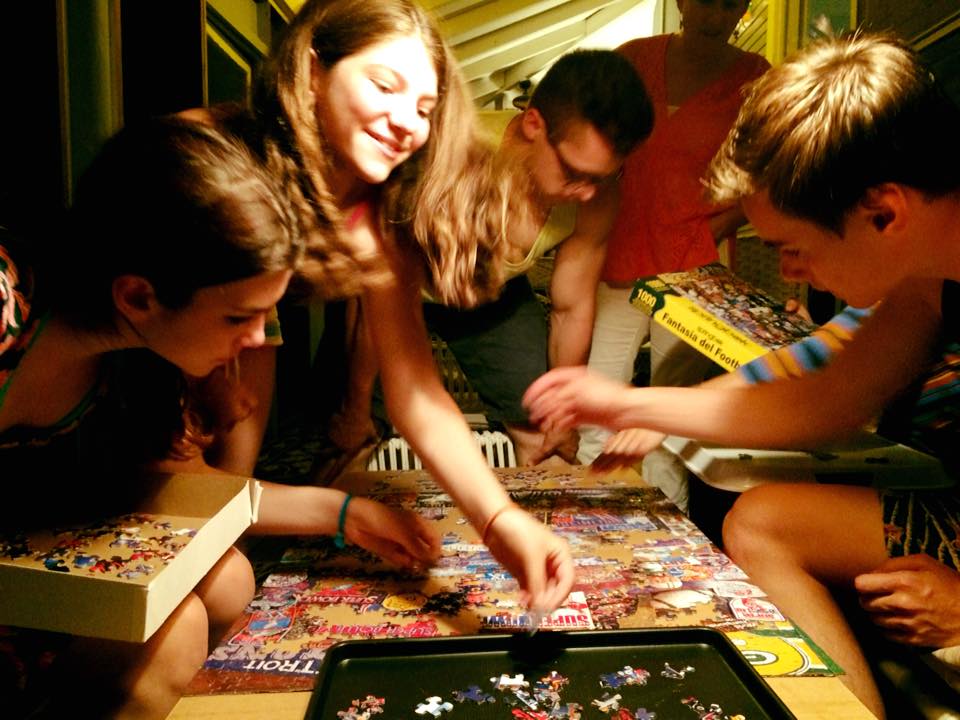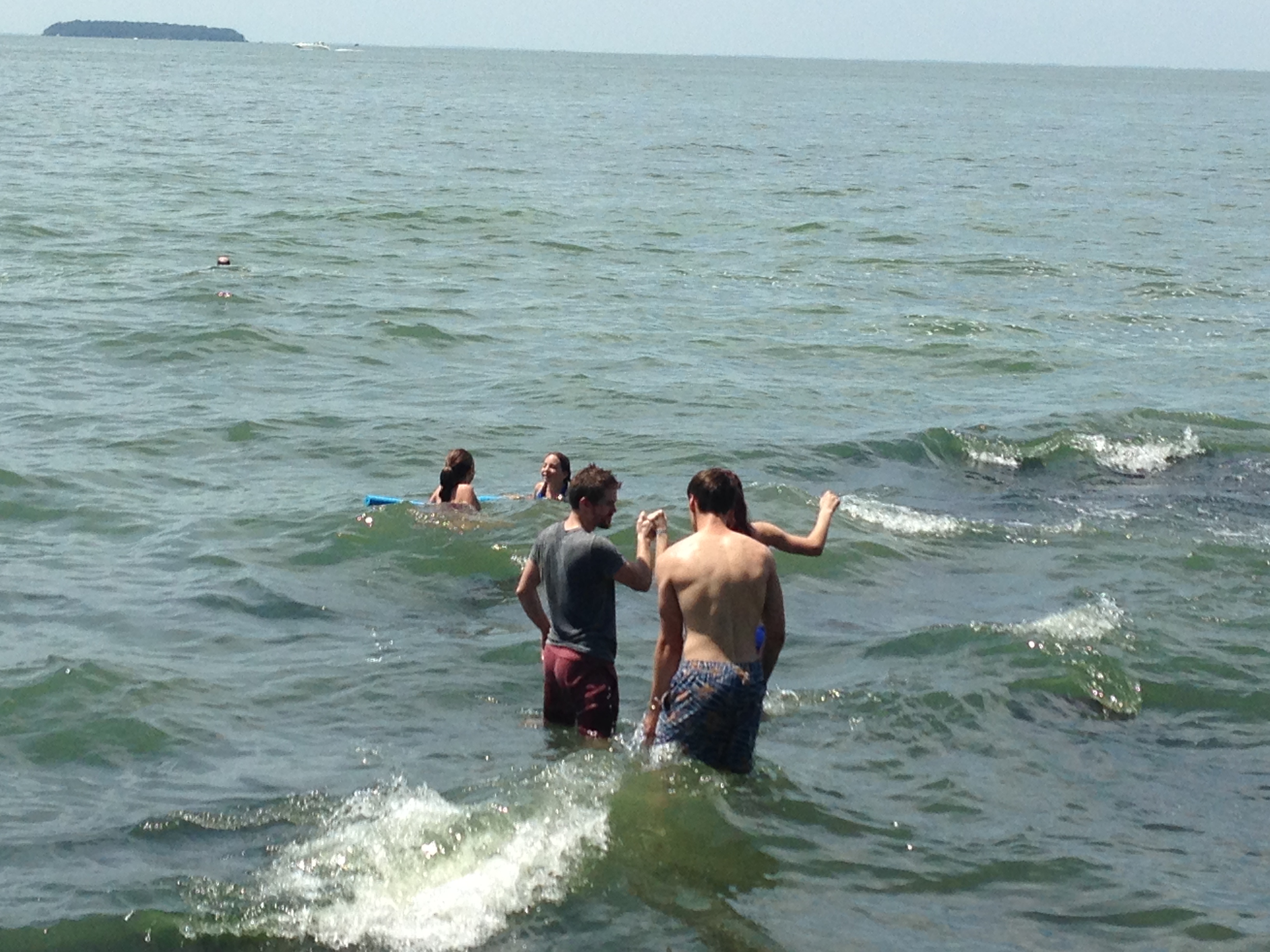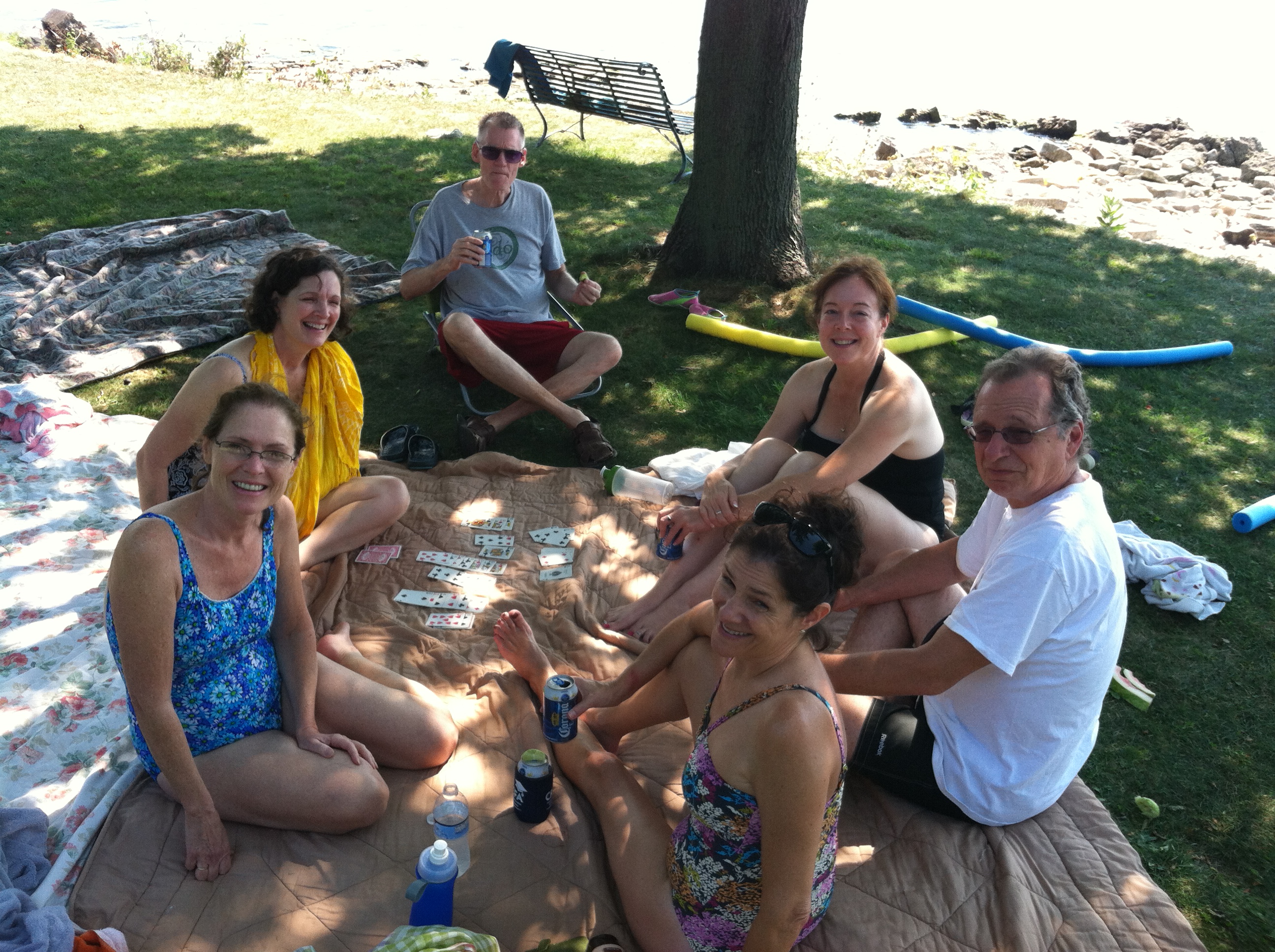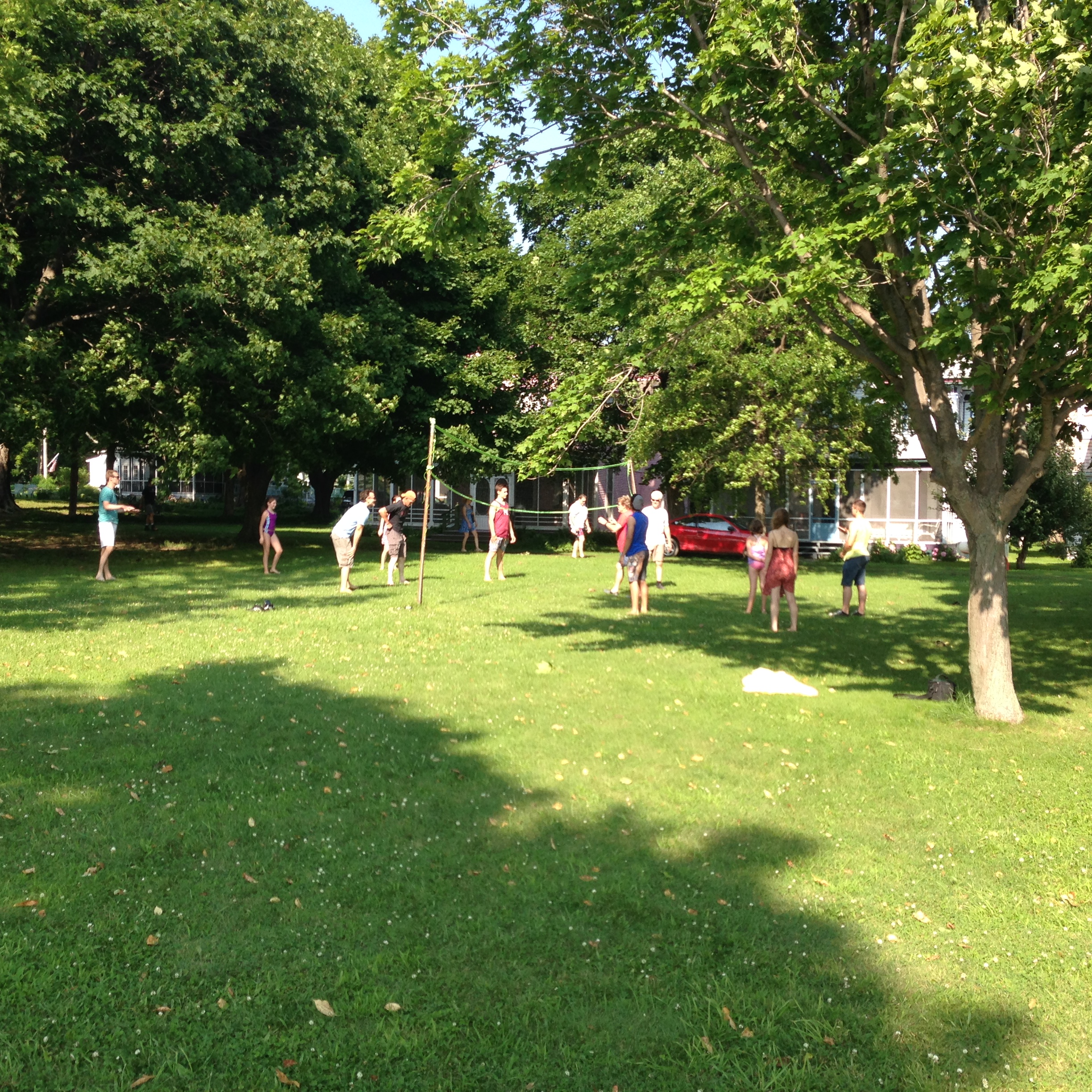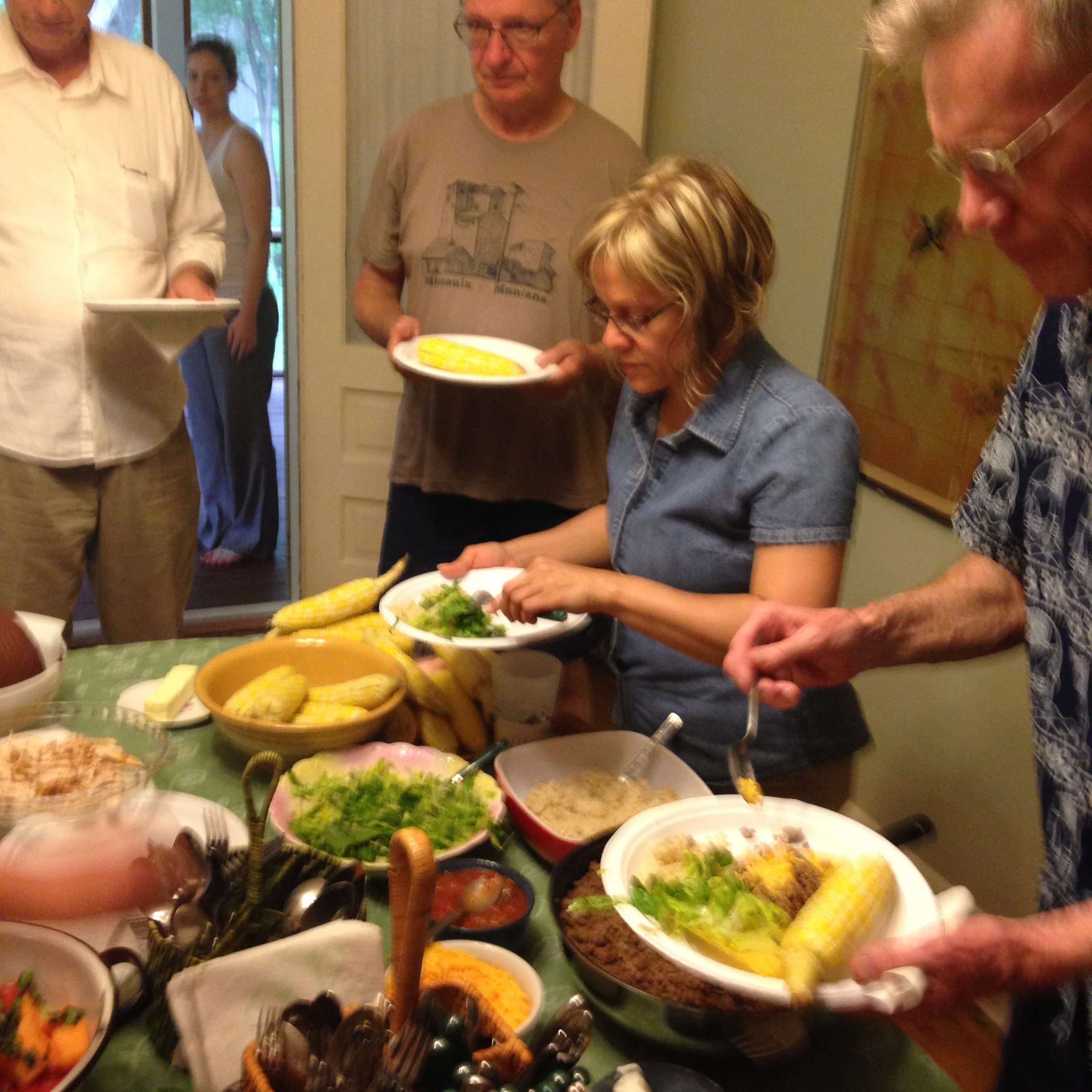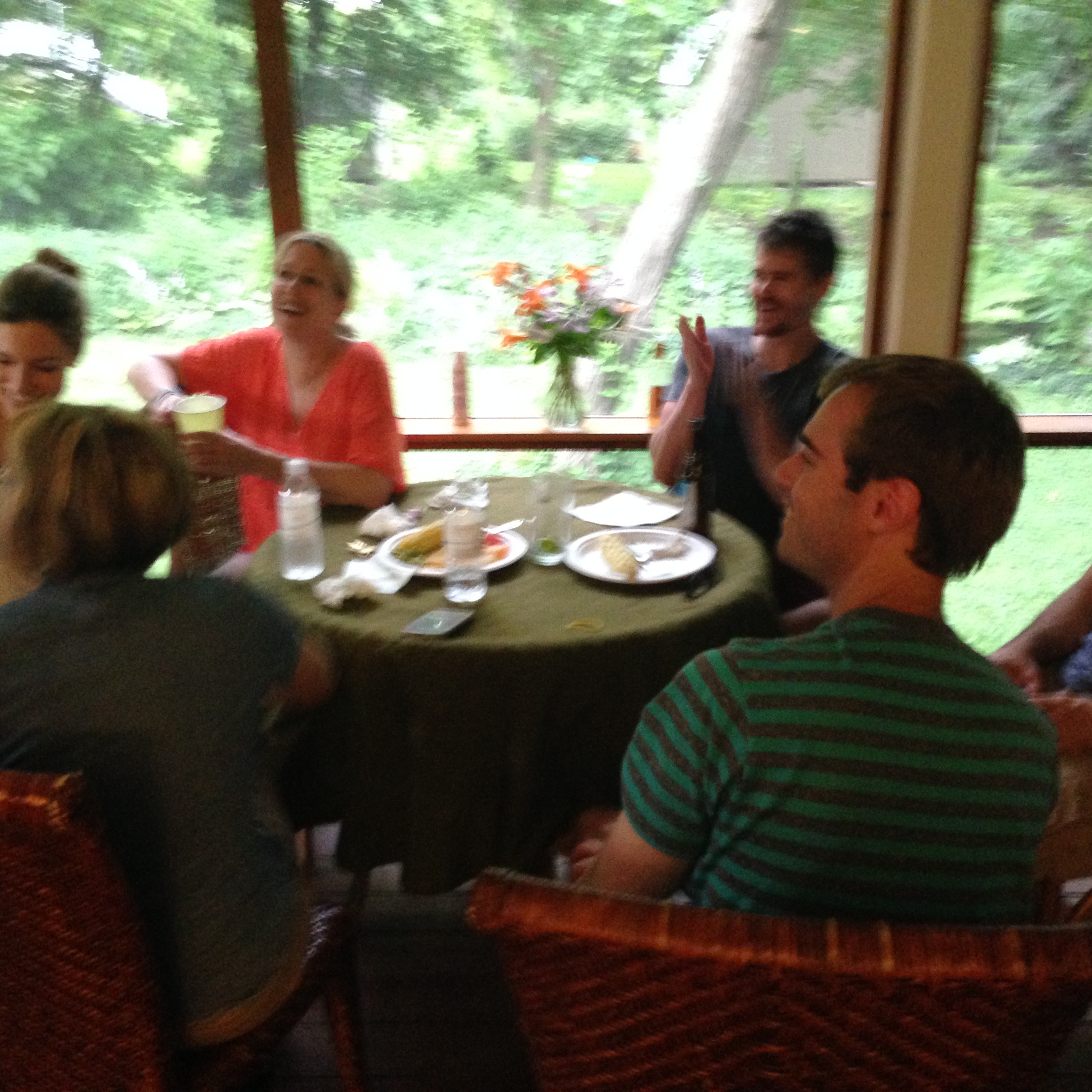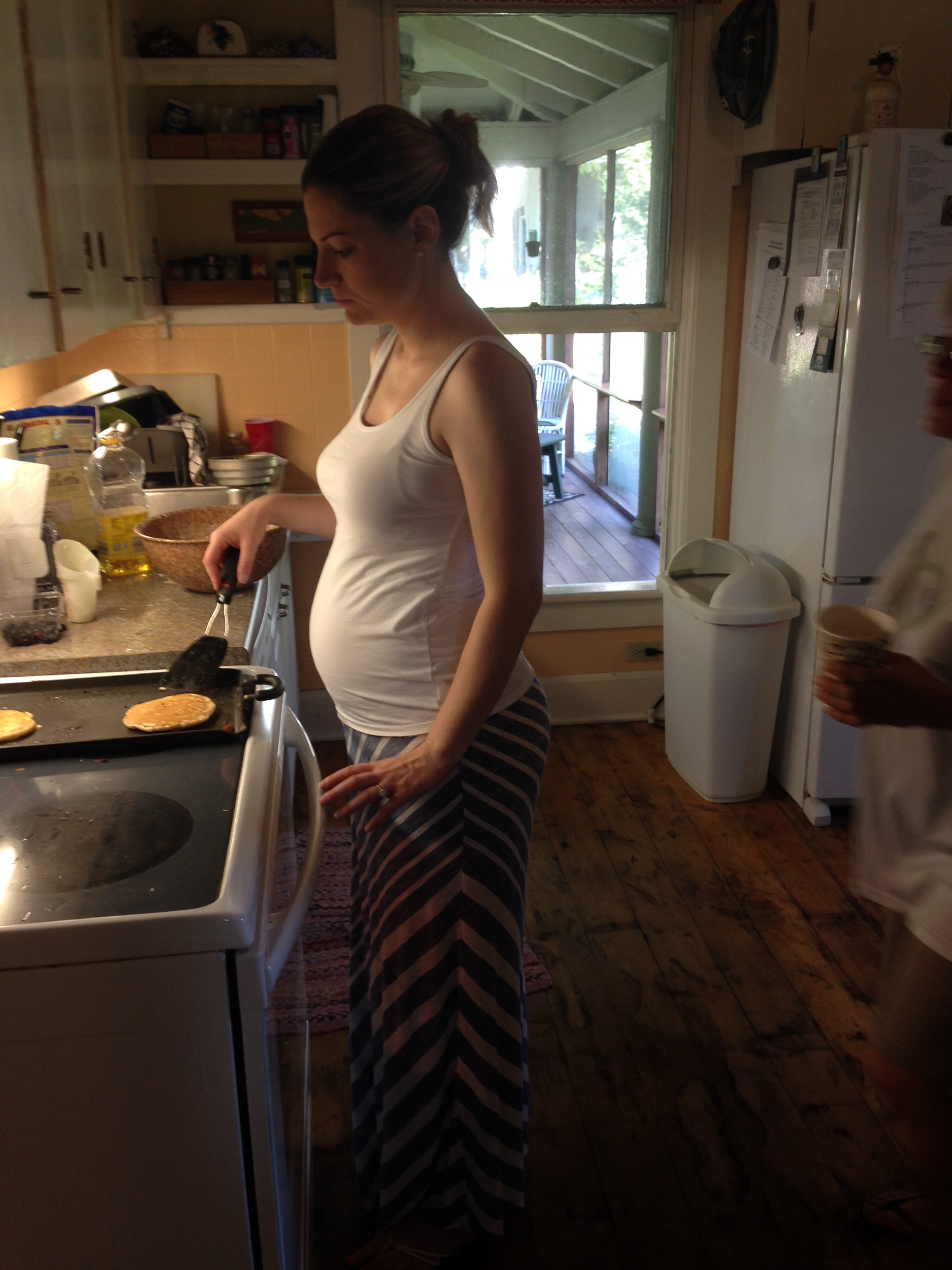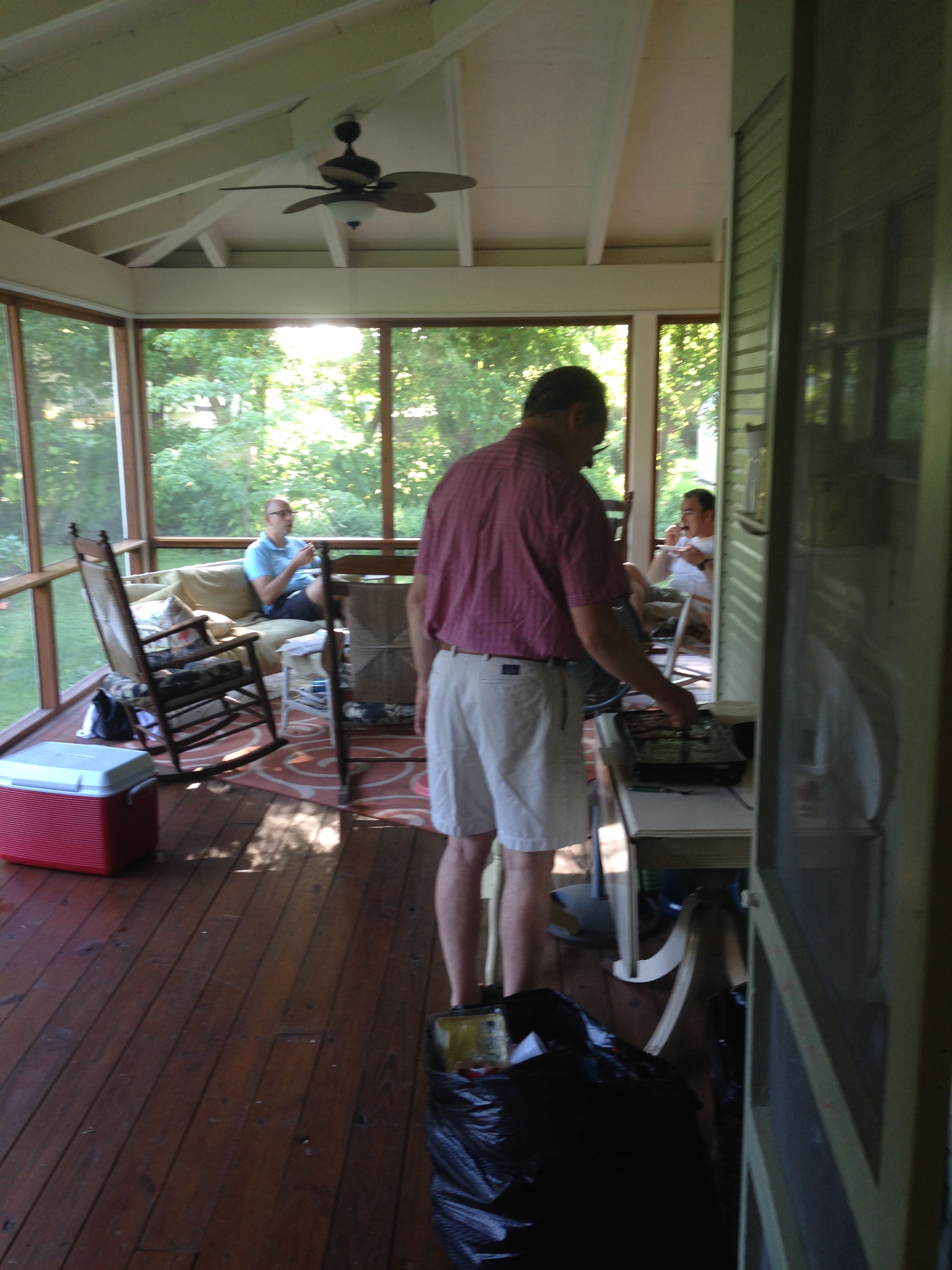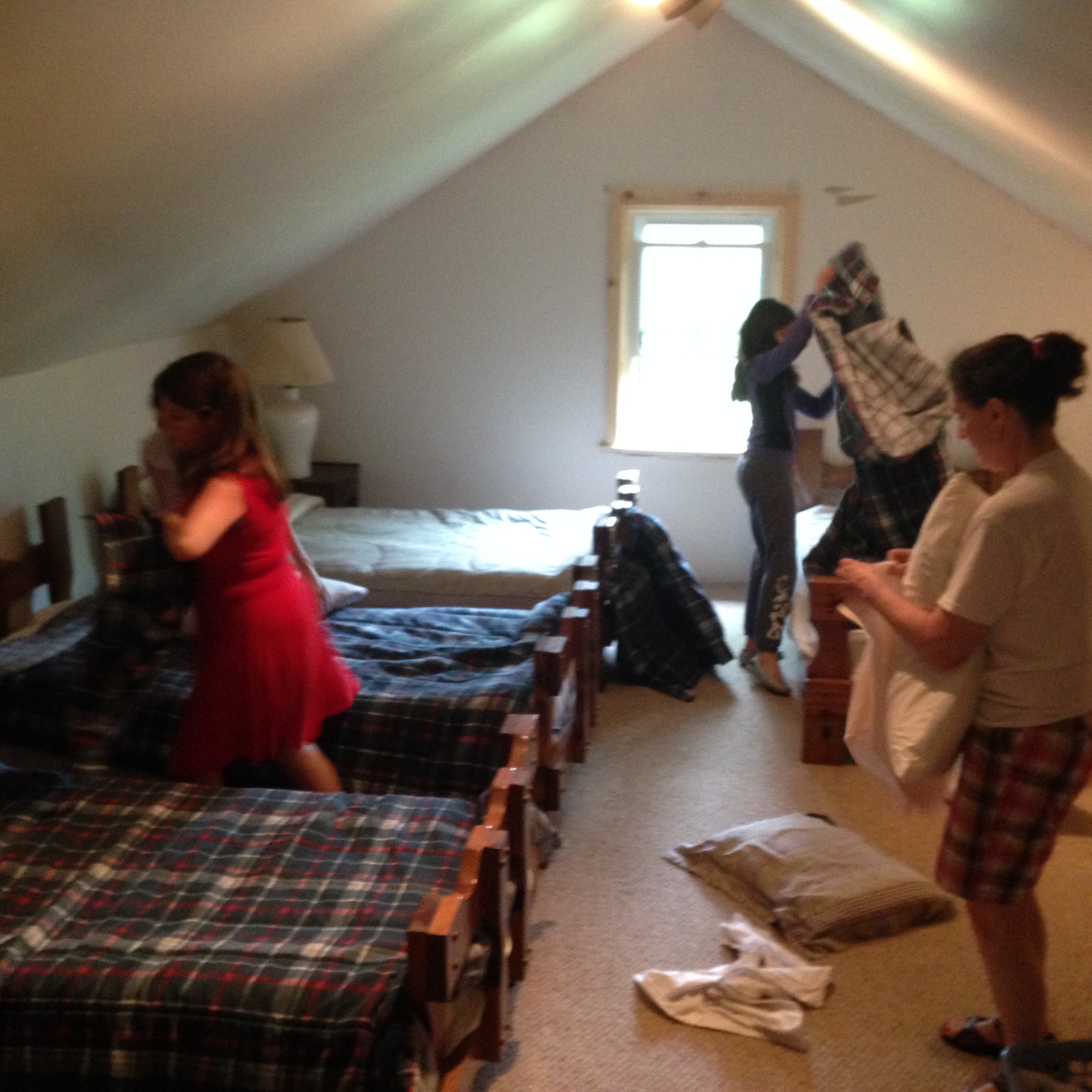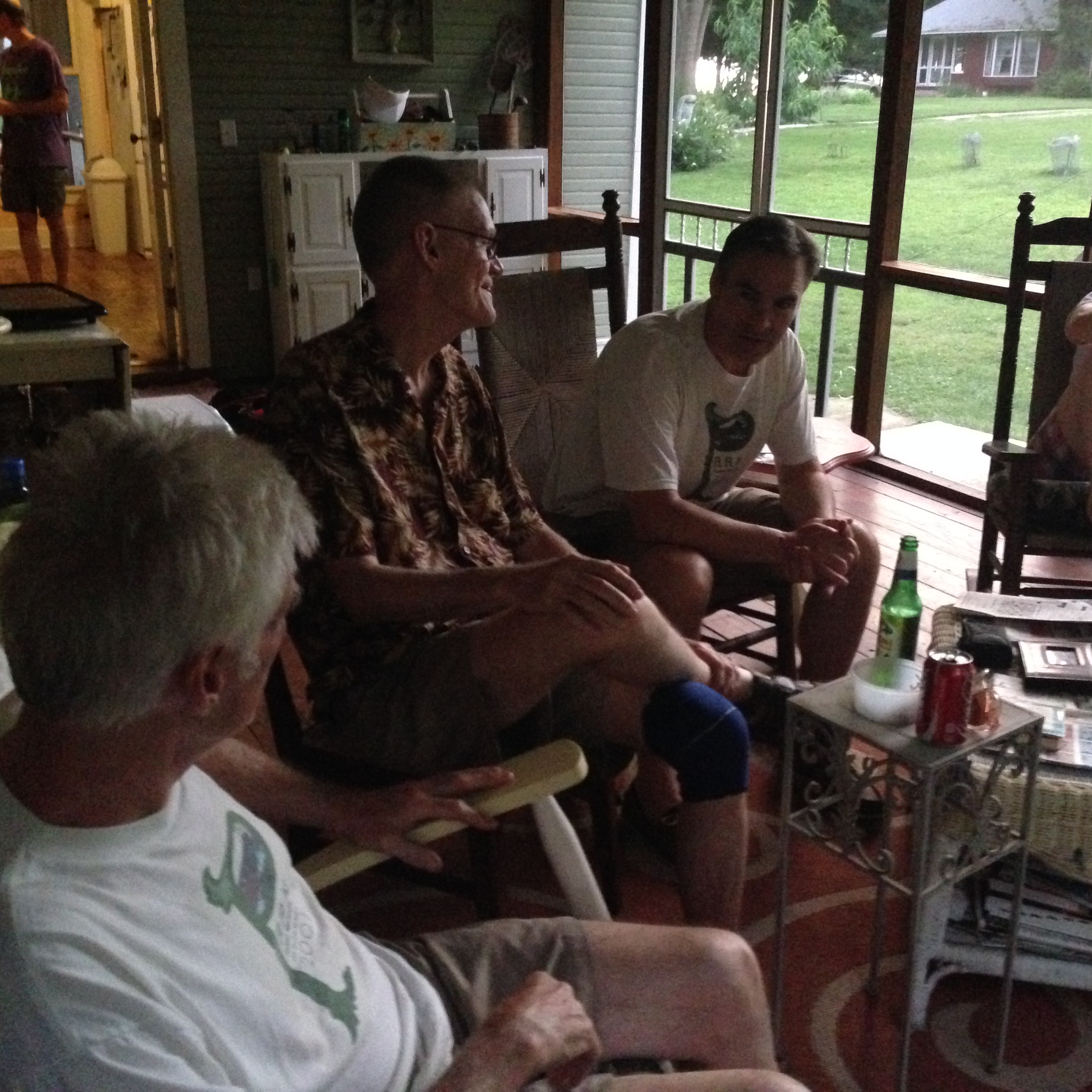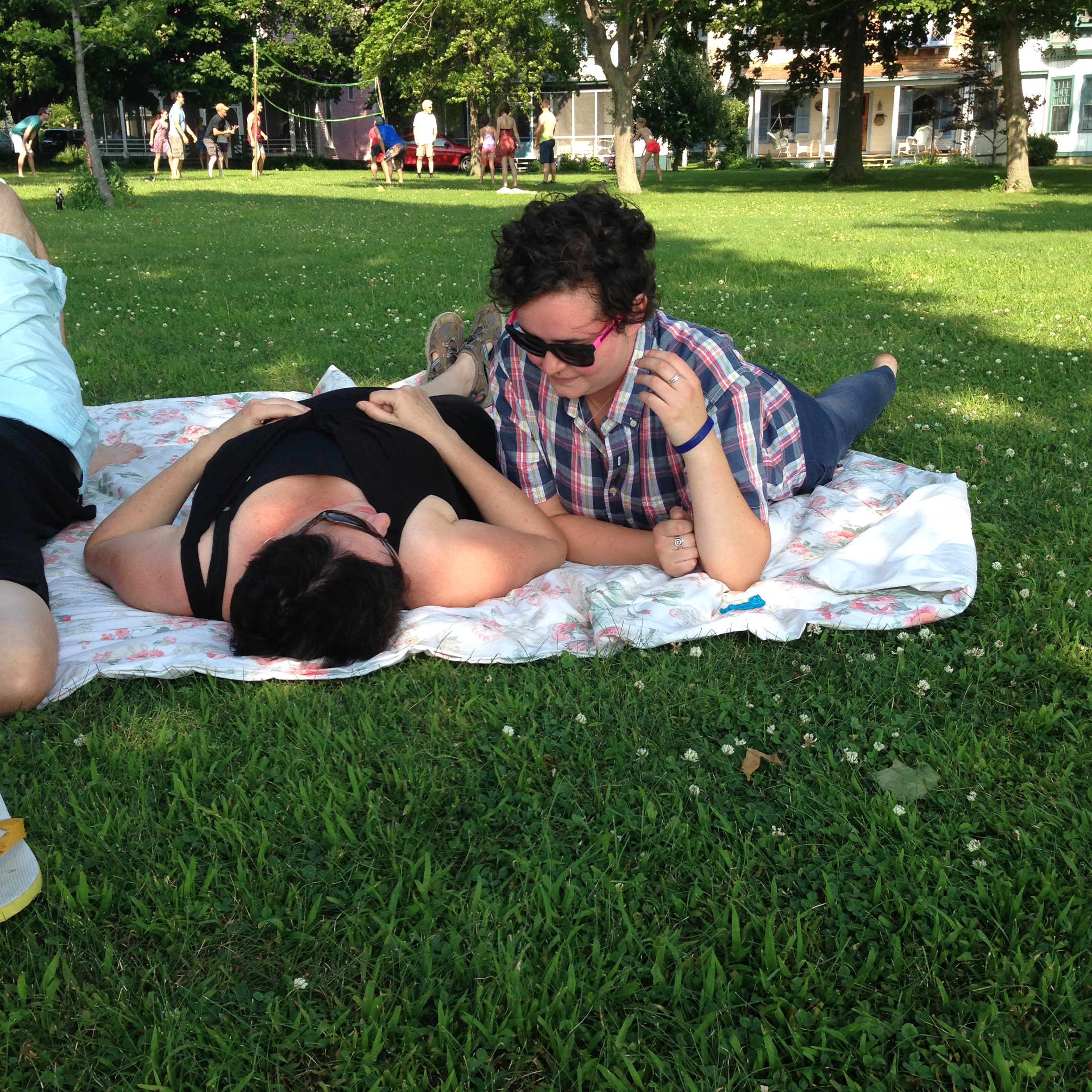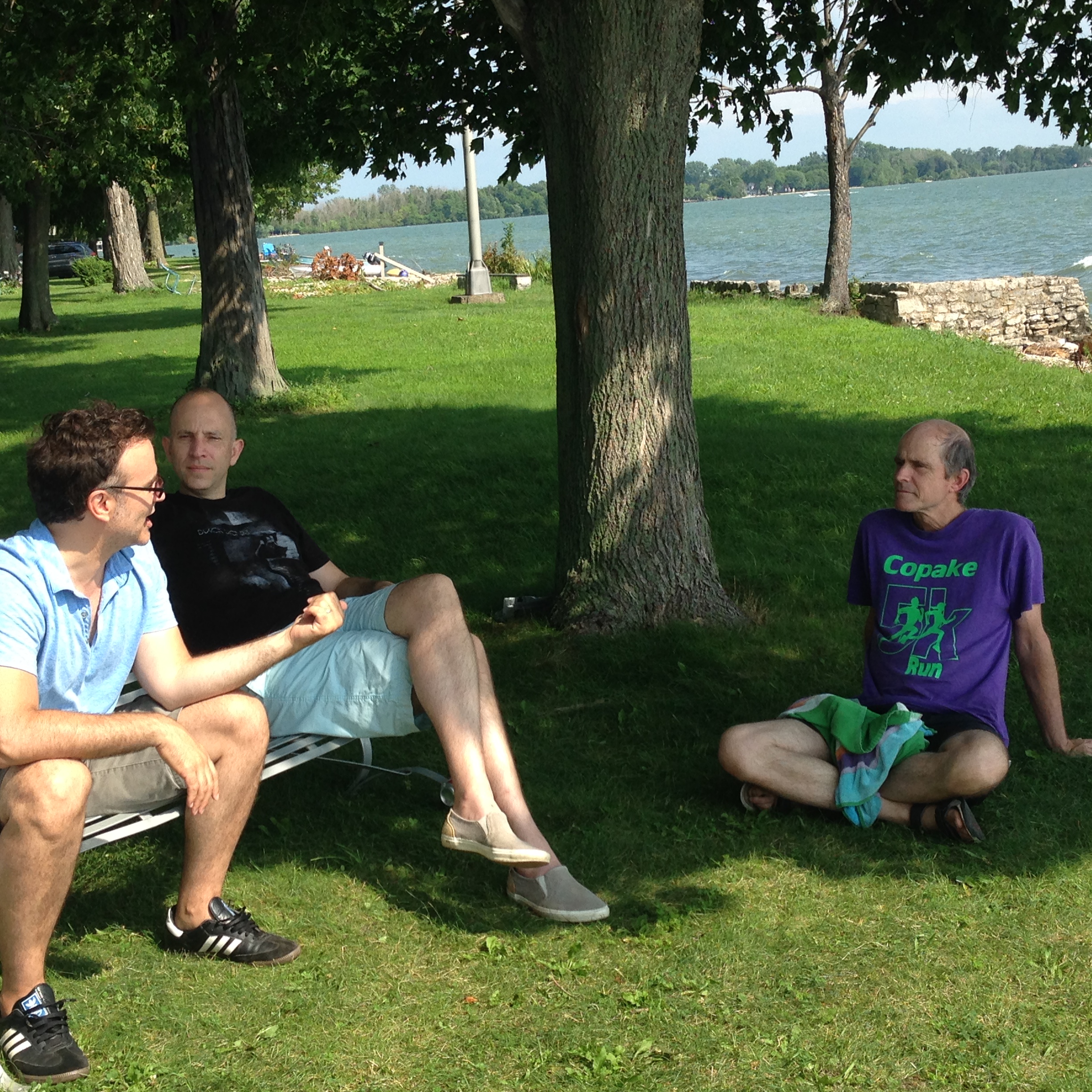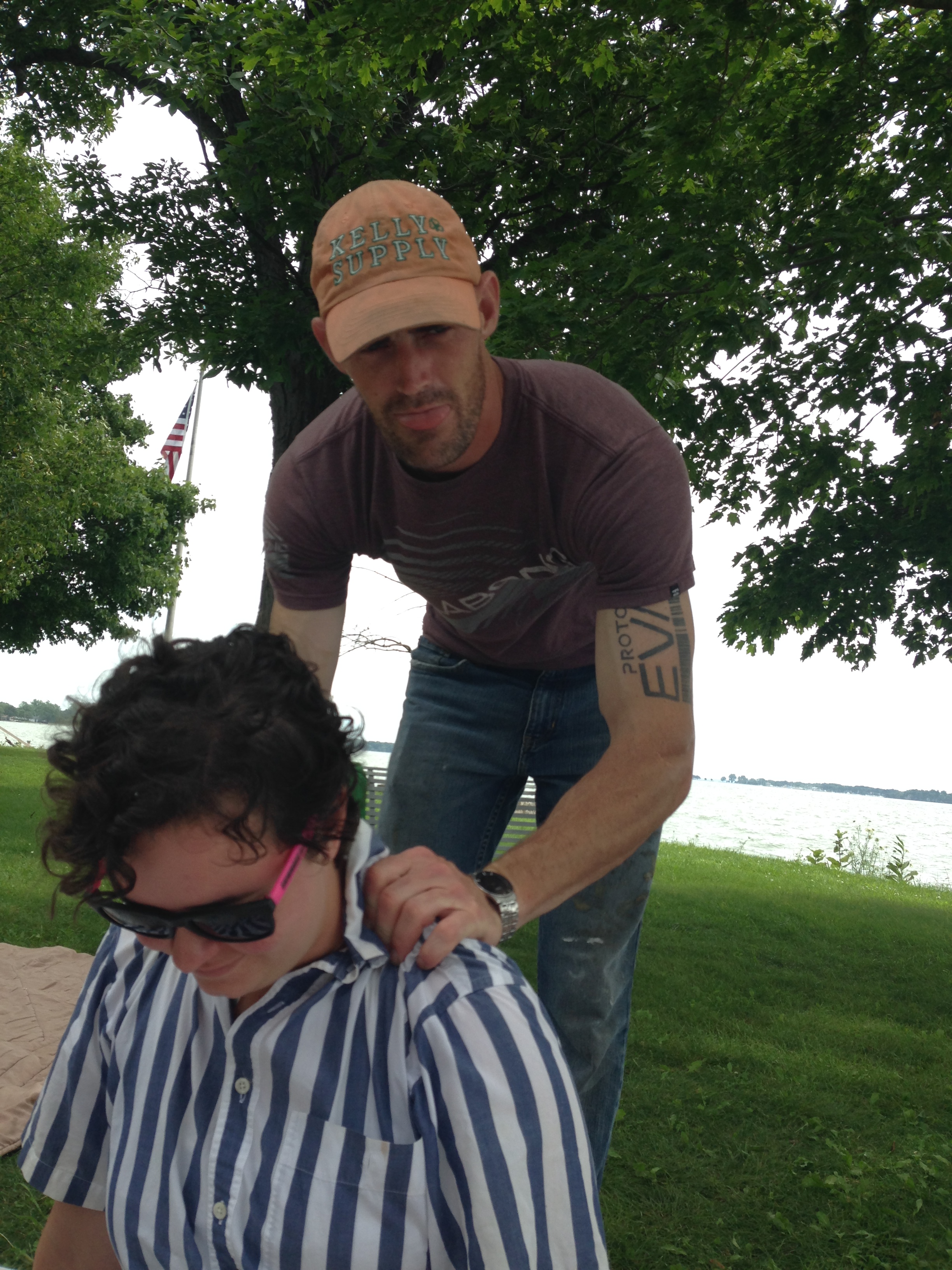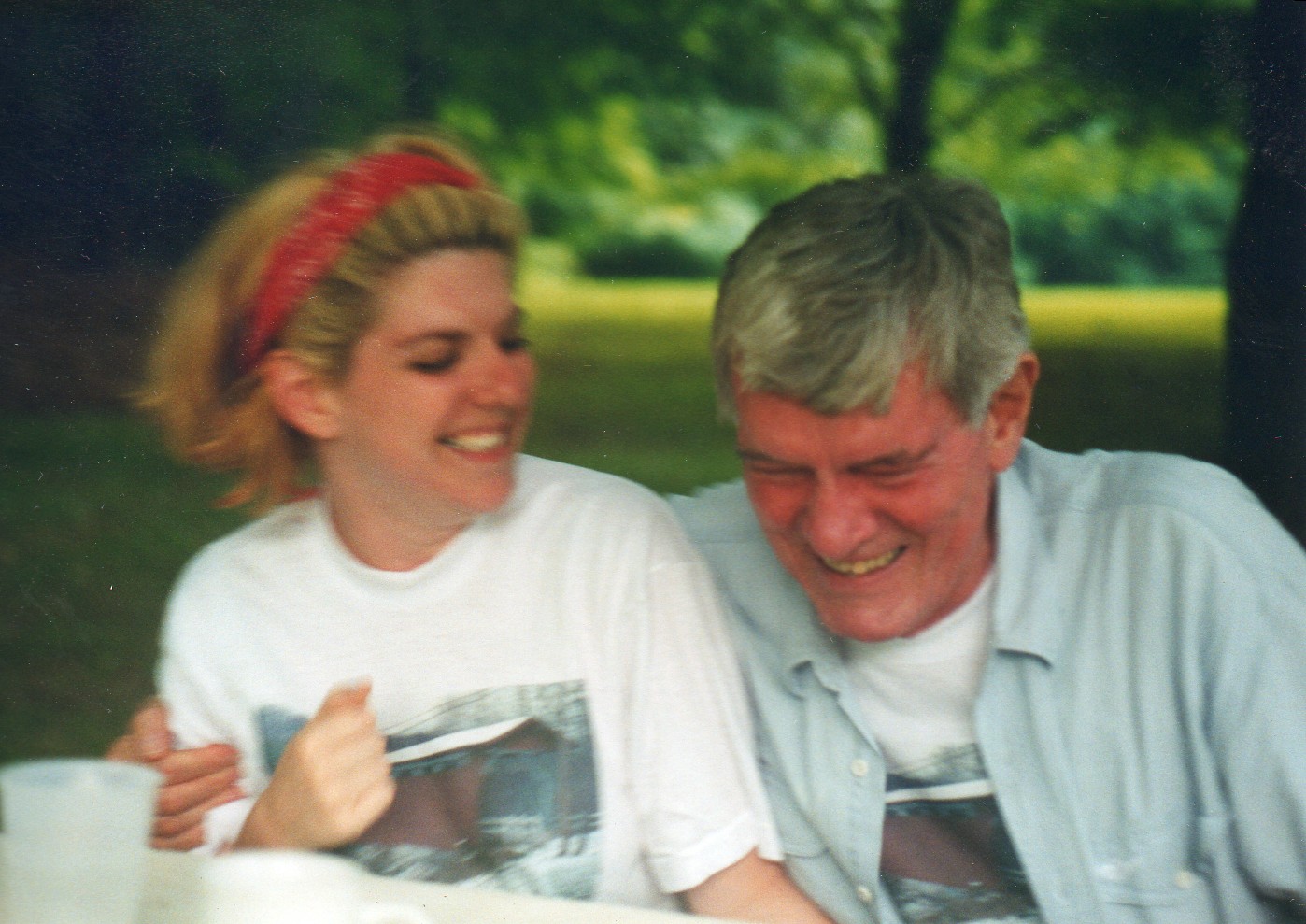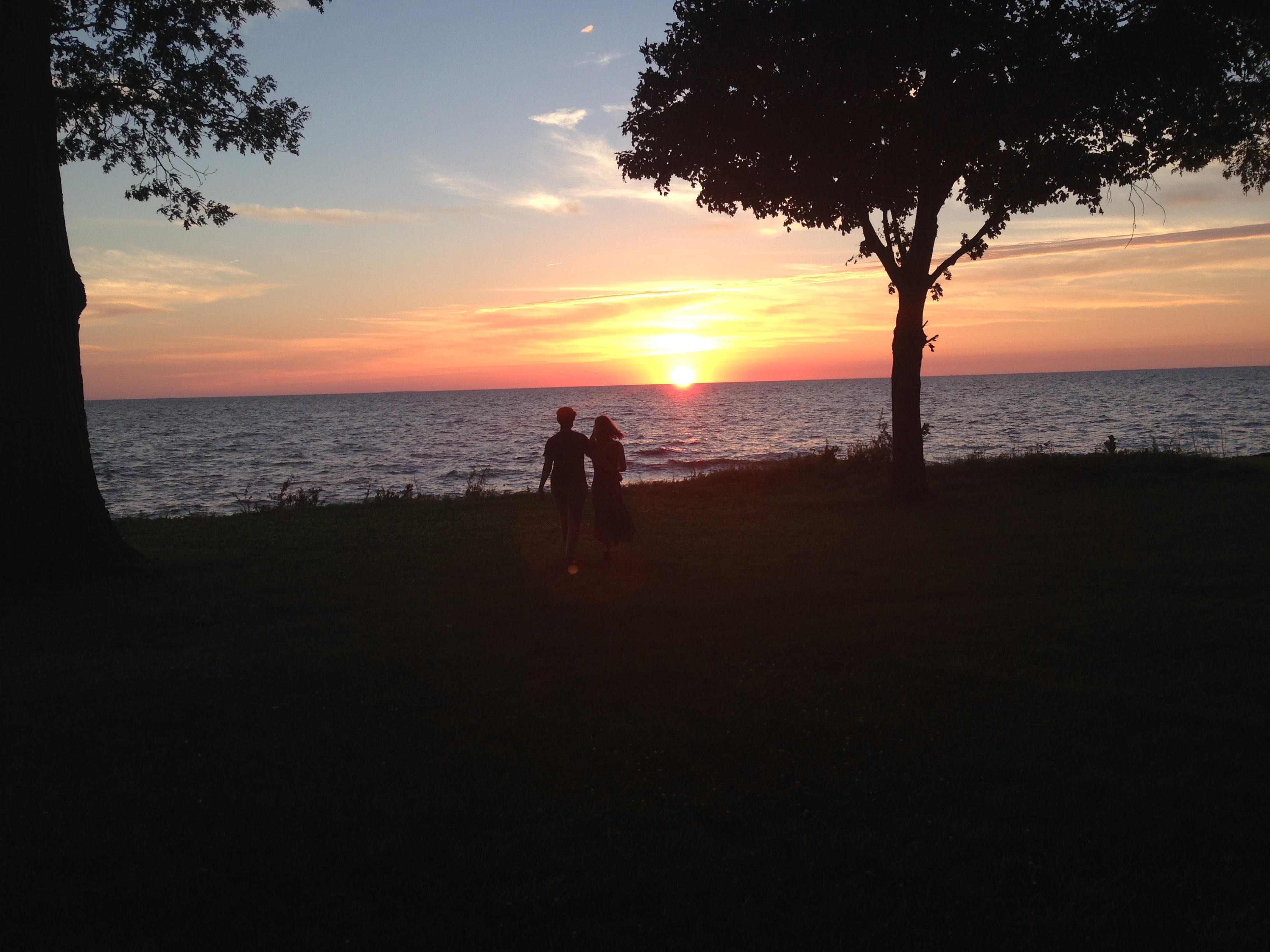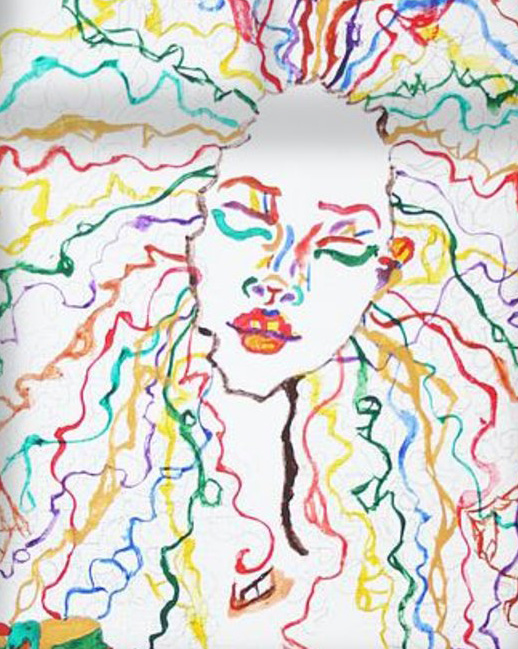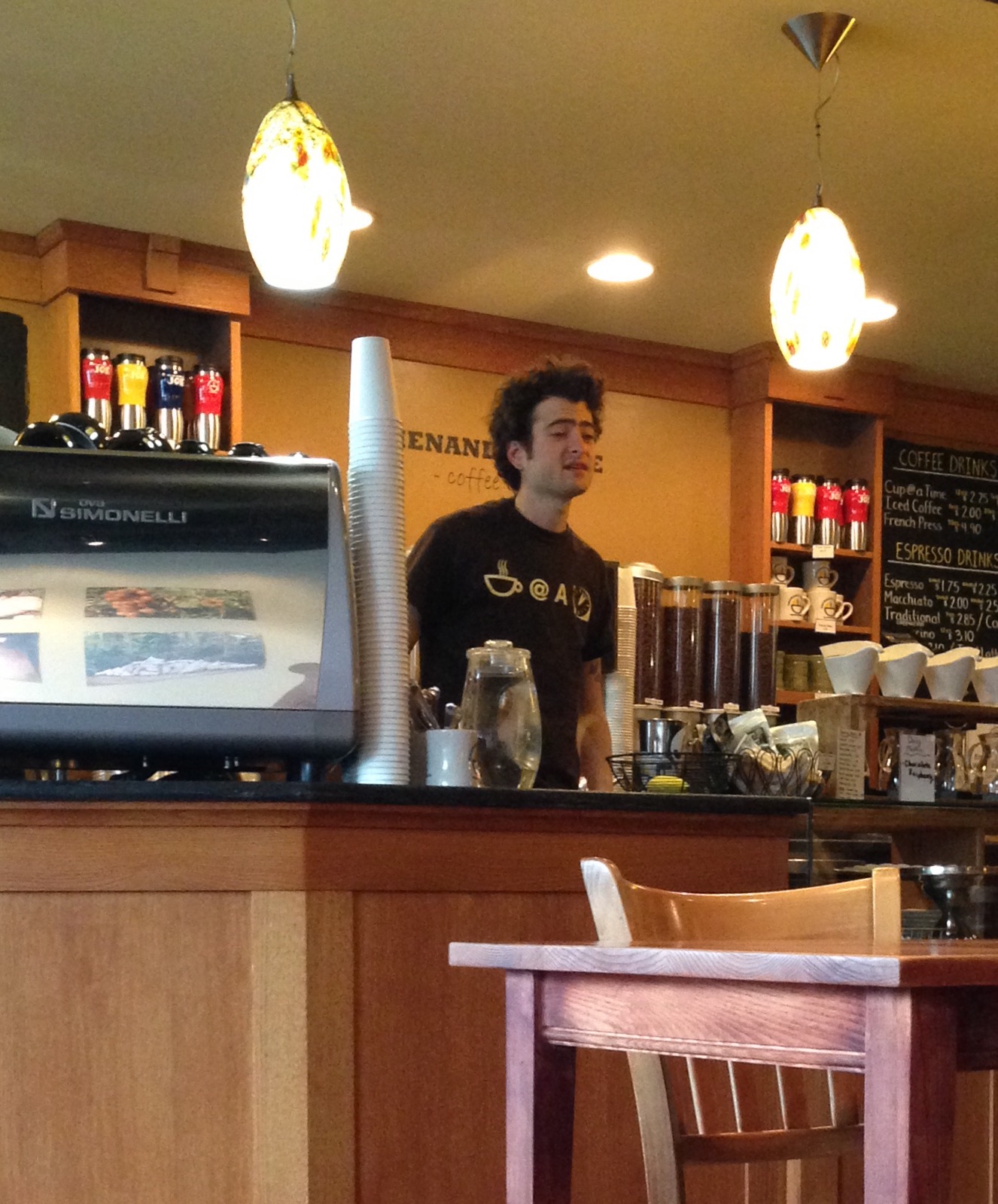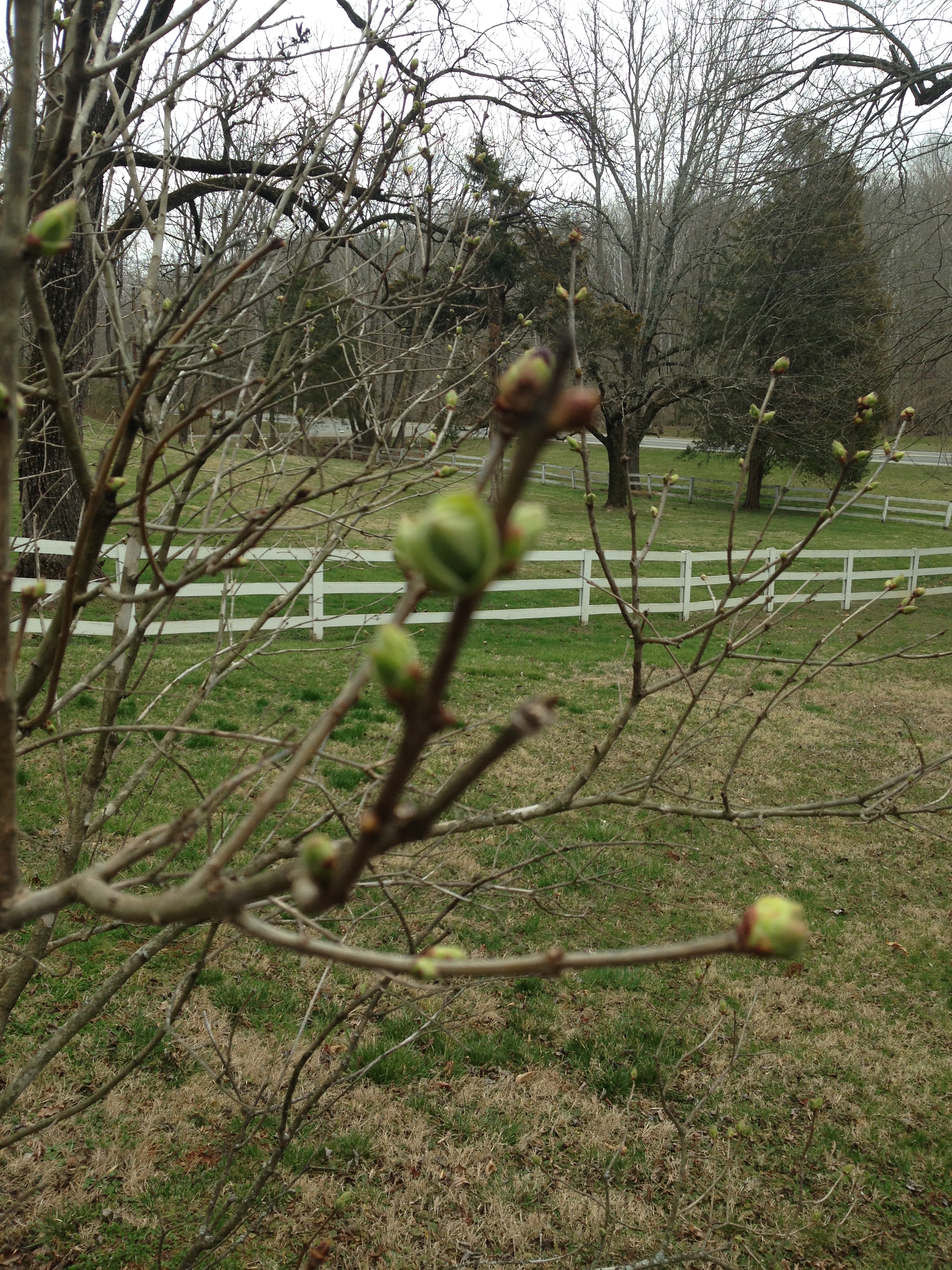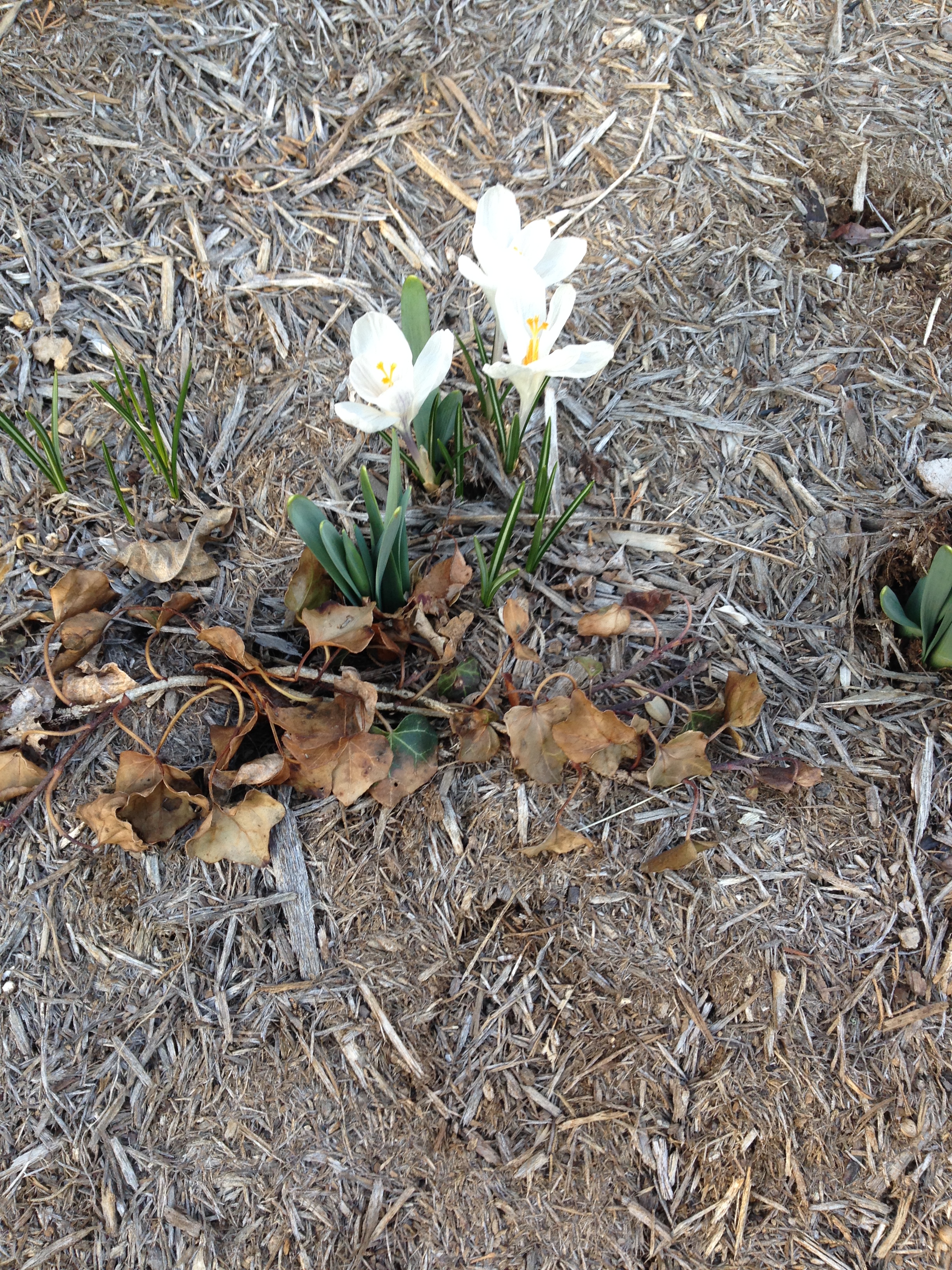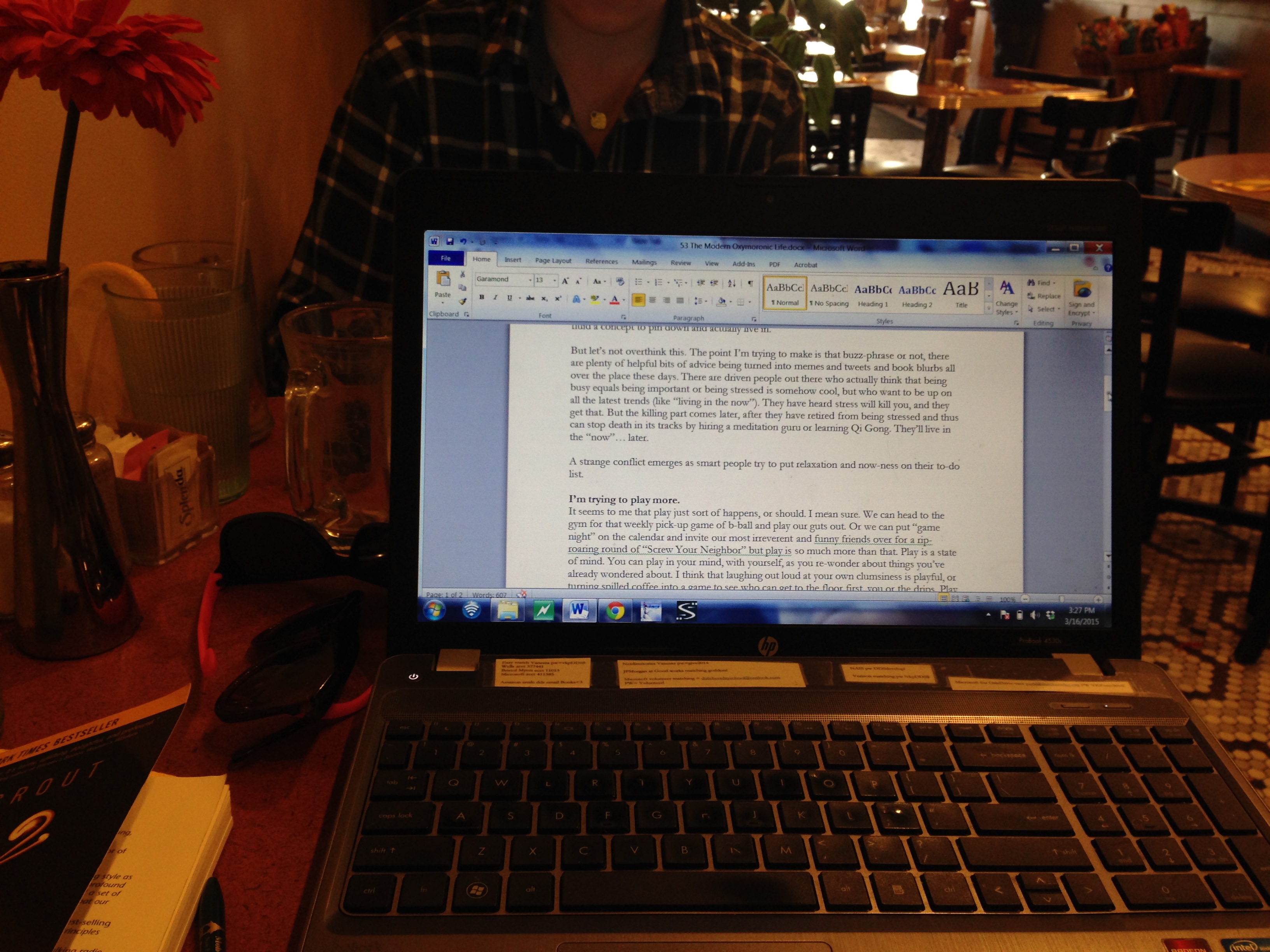I opened the door when she knocked. Given our last exchange–during which I had to haul her by the hand out of my place of work while she shouted about how my new boyfriend was part of The Conspiracy (corporate, federal, state, personal) against her–I was wary. But she was my mother after all. At 24, I’d been on my own for 7 years and a few months before she had moved 1800 miles to be near me. Not my idea. But she showed up just in time for me to realize something that I suspected was wrong really was seriously wrong.
The details are hazy. She pushed her way into the apartment, talking inhumanly fast—I don’t remember what she said, or what I said. I just know that within two minutes of her being there, she was so enraged at me that she had me flat on the floor and was pummeling me with her fists. My mother was about five inches shorter than I, but she was strong, and the element of surprise is a powerful strategy. But in her case this was no strategy. It was craziness, erupting, as it does. Willy-nilly.
Her inability to control what I was saying, convince me of what she was saying, or create a truth that I would be convinced by—well, the frustration was too much. She attacked the one person in the world she might actually love—in whatever way that happened for her—and the one person she could not afford to lose.
There was also the time she tried to grab the gun off the police officer’s holster. That one got her thrown in jail, and then transferred to the nearest mental hospital for an evaluation.
I’ve written about her on this blog before, but here my point is: mentally ill people cannot be held accountable for what they do. They are sick. Let’s take care of them. Let’s not throw them out on the street with no resources and no insurance.
And let’s not make it easy for them to buy guns. Can’t we all agree not to arm them with the firepower to kill themselves or someone else in an outburst of—often fleeting—rage or despair?
Fast forward thirty years to a few weeks ago. The suggestion on the table is this: “Shall we put something on our website that urges families to remove guns from the house if a mother is suffering from depression?”
I sit on the board of a remarkable organization that supports women and families dealing with maternal mental health issues, as well as educating medical practitioners and legal professionals about PMDs. When the suggestion is made, heads immediately start to nod. It makes sense. We should come out with a statement about that.
Then someone says, “We need to be careful. There are people out there who might be very offended by that. Red cape to the bull.”
Wait—REALLY?
I live in a remarkably insular world because I don’t know anyone who would think it a bad idea for a concerned family member to remove a gun from a sick woman who regularly thinks about suicide and whose death would leave a child motherless.
I believe that people don’t have the whole picture. I mean, who has the whole picture? I definitely do not have the whole picture. I could not possess it even if I read every book, blog, and bullshit tabloid 24 / 7 for the rest of my life. So let’s all agree: no one has the whole picture. I know some stuff and you know some stuff. I’ll ask you what you know about and you can ask me, if you want.
What I do know a teensy bit more than some people about is mental illness. I was highly motivated to read everything I could get my hands on about the topic and then there was my front row seat.
My schizophrenic mother never attacked me again physically after that day. (Research has shown that most psychotic people show less tendencies towards violence than the average population.) The things she did on a regular basis that made my life a hell of tormented guilt, love, and anger just took other forms from then on. But what if she’d had an elegant little pistol in her pocket that day?
Would her rage and despair at the horribleness of it all at that moment have led her to start blazing away?
She didn’t have so much as a set of brass knuckles, fortunately, and my friend Michael woke from his nap to drag my mom off me and escort her firmly, but gently, from the apartment.
I’ve read recent studies about suicide. There is strong evidence that the majority of suicide attempts are one offs. I’m not sure how they do that study since many of the study cases are dead. But it involved many many interviews with people who have survived a suicide attempt. Some have tried multiple times. Some think about suicide often. But apparently most people who have attempted suicide, according to this study, did so only once. They lived to tell the story, and never tried again. Those people did not have guns.
Okay so a background check would not pick up on the random dude whose girlfriend is going to trash his heart and he’s going to try to end it all. But the patient with a history of hospitalization for depression, or schizophrenia, or whatever it is, will be a red flag and maybe the decision to provide this person with a firearm will be tabled for the indefinite future. I would really like that.
The 2nd Amendment was written when muskets were the extent of a citizen’s firepower. Now semi-automatic weapons and guns with exploding bullets (I’ll defer to you people out there who know about guns—I don’t) have been cleverly invented, manufactured, and put in the hands of regular people. The meek, the bold. The sane, the not-sane. The angry, the mollified. The upstanding, the ignominious. We don’t care. It’s our right to own a gun. It’s our right to protect ourselves. But it’s our right—and duty—to protect innocent people too.
Is anyone suggesting we take all guns away? I mean anyone credible? Most of the suggested legislation is about slowing things down. Background checks.
My friend Frank might have killed himself anyway. They found his body in his car with a hole in his head blown out by the shotgun he had purchased at K-Mart earlier that day. The receipt was in the bag, which was in the back seat. After that, we realized he’d been planning his exit for a while. He’d managed to say goodbye to most of us the night before, without telling us what he was doing.
But if the impulse of that moment—if his horrible confusion and sorrow about his uncertain identity, his troubling (to him) desire to wear my clothes on Halloween, and any woman’s panty-hose under his work pants on any other day of the year, his uninterested family, the homelessness he did not confide in us till someone found his sleeping bag in the storeroom at the restaurant where we both worked—if that impulse had passed in the time it took for him to be able to buy that gun, he may have lived until now. He may have been at the forefront of the LGBTQ movement, wearing green tights and flowing skirts with pride at all the parades and making drawling, sarcastic speeches that made everyone laugh. He may have come back the next night, the night after his goodbyes, flicked his hair, grinned his sad, sly grin, and picked up where he’d left off.

